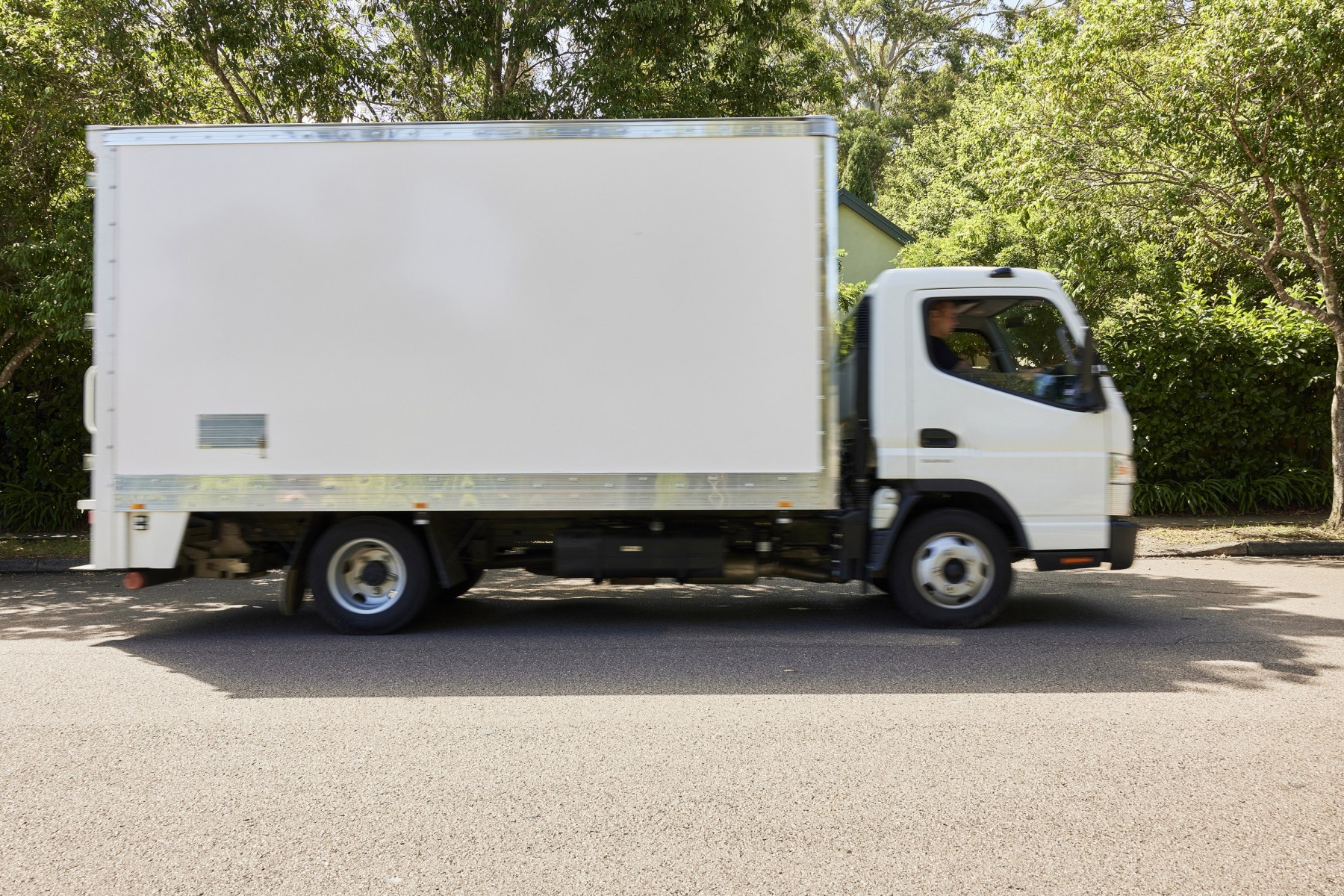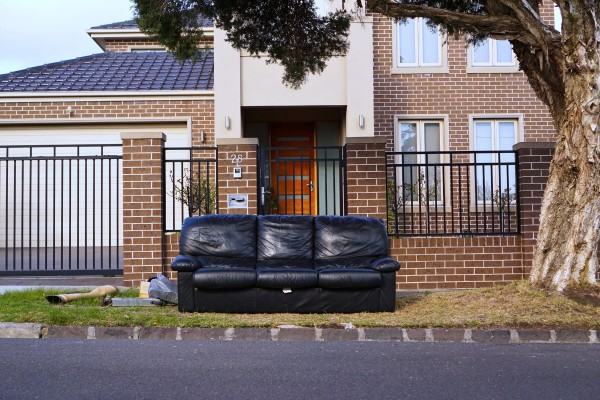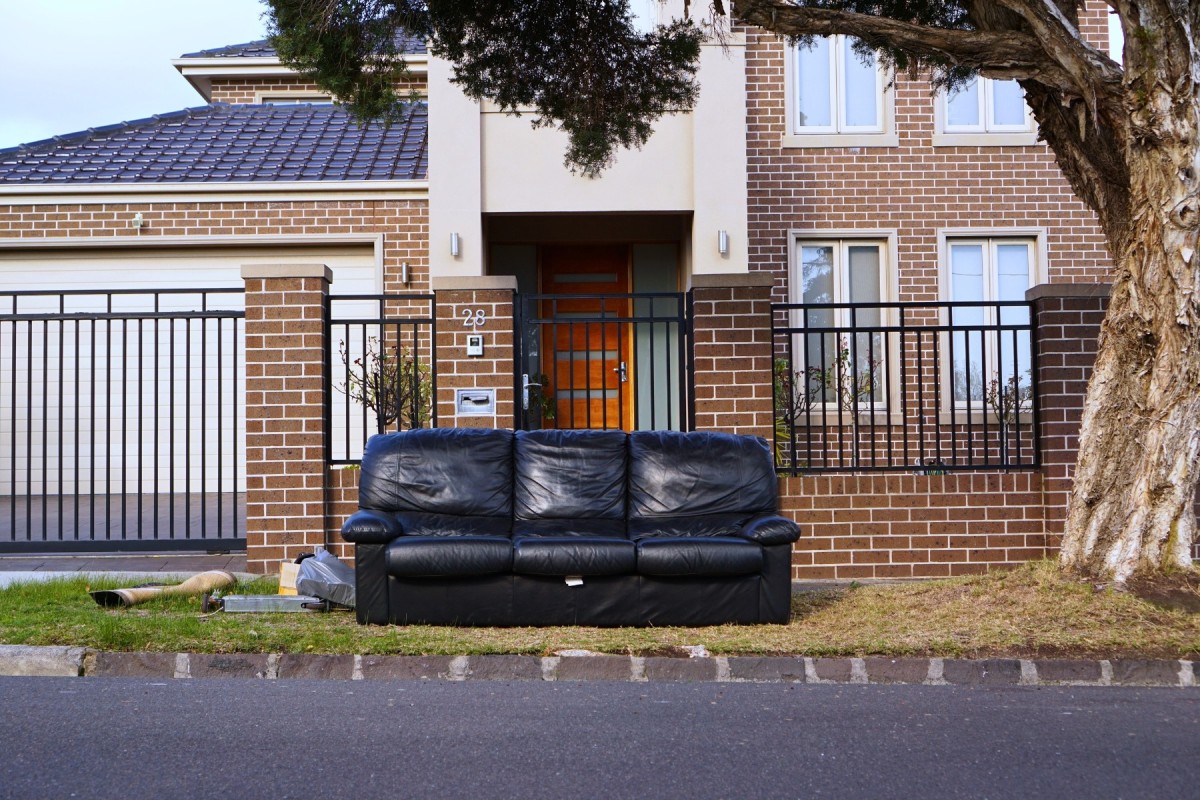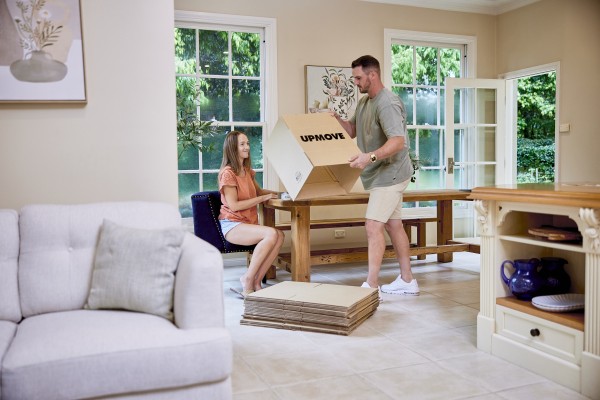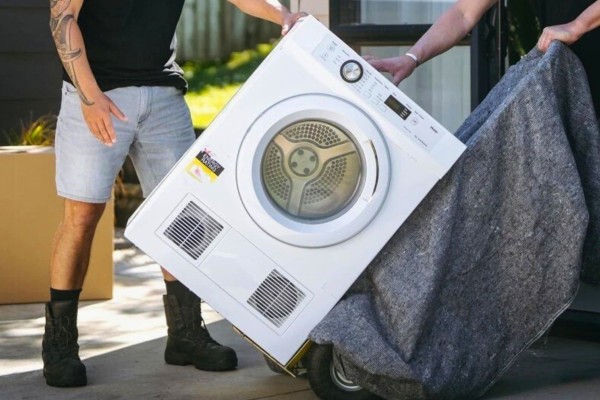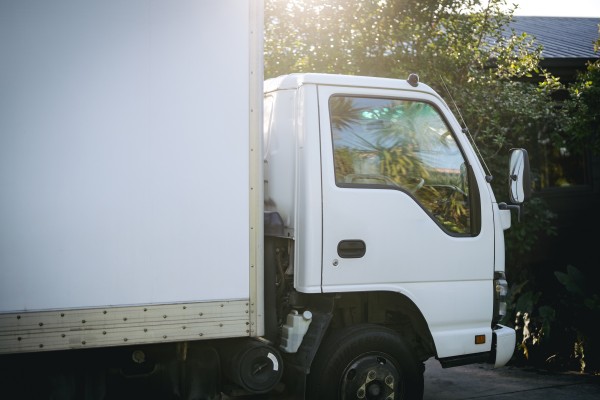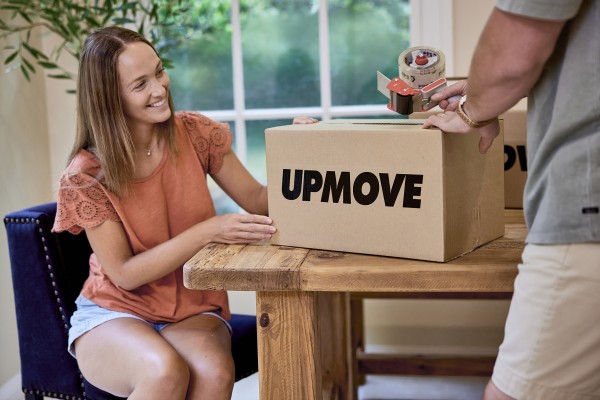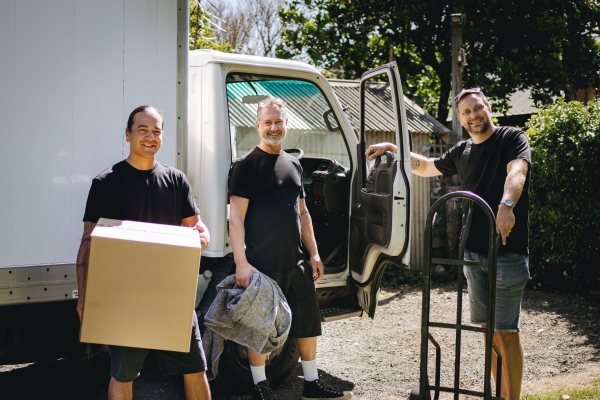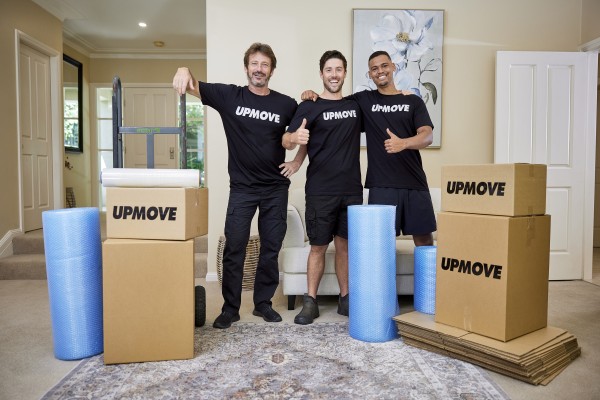Ways to save money when moving house


Every year, thousands of Australians overpay for their move. Here’s how to avoid being one of them.
Most people think they know the obvious ways to save. This could be decluttering a bit, comparing a couple of quotes, and maybe packing some boxes themselves.
But the truth is, there are smart, often-overlooked strategies that can save you hundreds, sometimes even thousands, when you move.
We’re going to share the insider tips that really make a difference, so you can move smarter, spend less, and actually enjoy ticking things off your list.
These are the practical moving house tips most people never hear about until it’s too late. By the end, you’ll have the tools to cut costs, avoid the common traps, and make your move far easier on your wallet and your nerves.
Understand what drives up costs when moving house
Before you can save money, it helps to know where it’s going. Moving house is more than hiring a truck and shifting boxes. Costs build across multiple areas, often in ways people don’t expect. Understanding the why behind these costs gives you the power to plan strategically. You have the power to make smart choices and identify real opportunities to save on moving costs.
Here’s a detailed breakdown:
Doubling up on property costs
Property costs can sneak up quickly. If your new home isn’t ready when you leave the old one, you could end up paying rent or mortgage on both.
For renters, breaking a lease early often carries penalty fees, and getting your bond back or paying administrative costs can tie up cash. Read more in our guide on renting in Australia.
For buyers, rushed settlements or complex conveyancing can push up stamp duty and legal fees. Planning carefully and asking what’s optional can save hundreds. Read more in our guide on buying your first house, which unpacks all these costs involved.
Specialist and long-distance removalist costs
Labour and truck hire rise with larger moves, more movers, or extra hours. Long-distance moves add fuel, tolls, and sometimes overnight charges. Special items like pianos or antiques require specialised care, which boosts the costs. Peak times, last-minute bookings, and tricky property access, like stairs or narrow driveways, also increase labour fees. Use our removalists cost calculator guide to get a rundown of what you can expect to pay for a local or interstate move, and what you would pay to move based on your furniture and belongings.
Administrative costs and incidentals add up
Permits for moving trucks or council approvals in urban areas may carry extra charges if rushed. Quick document processing or notifications can also add fees. Careful planning and handling some tasks yourself can save money.
External factors
Weather, road closures, and local events can all slow movers, increase risk, and add extra hours. Even small detours or delays can impact your fuel and labour costs, so checking timing and routes can reduce unexpected expenses.
Lack of time
If you leave things to the last minute, you will be forced to rush your decision and end up booking at higher rates. Often, rush rates are added for last-minute bookings for removalists, cleaners, and other moving-related costs.
Ways to save money when you move
Now that you understand what drives your moving costs up, here are some clear steps you can take to save.
Sell or repurpose unwanted items

One of the easiest ways to cut moving costs is to reduce what you actually move. Large or bulky items, such as old furniture, bookshelves, or appliances, can cost more to transport than to replace. Selling them or donating them before you move not only frees up space and reduces labour and truck size, but can also put some extra cash in your pocket.
Here are some useful decluttering tips to help you make the process easier.
Items you don’t want to sell can often be donated, which may even give you a tax deduction. Even small reductions in volume can make a noticeable difference to your overall moving bill.
Avoid rent and mortgage overlaps
Settlement and lease dates are often overlooked. If your new home isn’t ready when you leave your old one, you might end up paying rent or mortgage on both properties for weeks. Carefully aligning dates or negotiating a small adjustment with a landlord or seller can cut this overlap and save a significant amount. Similarly, bundling services with your conveyancer or mortgage broker, rather than using multiple providers separately, can reduce administrative fees.
Confirm what’s already covered by insurance
Insurance is another area where people often overspend. Many home and contents policies already cover items in transit, but most people pay extra without checking.
By confirming what is already covered and only insuring high-value or fragile items, you can avoid unnecessary premiums. Consolidating policies when moving to a new property can also trim costs.
Read more in our guide on what moving insurance is necessary, with coverage options, costs, and tips.
Ask for pro-rated utility bills
Utilities and services are a sneaky source of extra expenses. Paying for electricity, gas, internet, or water at both your old and new homes simultaneously is surprisingly common.
Ask providers ahead of time if they can pro-rate final bills, offer flexible start dates, or provide a discount for bundling multiple services. Many people pay for a full month at both old and new addresses when a simple conversation could avoid that.
Book your move mid-week, mid-month

Many people assume weekends or month-end moves are the only option. However, mid-week, mid-month, or off-season moves are usually cheaper and less stressful.
Checking local events, road closures, or construction can also help you avoid delays that increase labour hours or fuel costs. Even keeping an eye on the weather can prevent costly overtime or damage.
Time your settlement strategically
Settlement timing can make a big difference to your costs. Conveyancers often charge more during peak periods or at the end of the month when they’re busiest. By avoiding these busy times, you may reduce premium fees and make the process smoother overall.
Compare conveyancers and fee structures
Not all conveyancers charge the same. Some work on hourly rates, which can quickly add up, especially if your move involves extra paperwork. Others offer flat-fee packages that cover most tasks for a set price. Comparing providers can not only help you avoid unnecessary charges, but it also gives you more certainty about your costs.
Check for stamp duty concessions and exemptions
Certain buyers and properties may qualify for stamp duty concessions or exemptions. First-home buyers, some regional properties, and specific government incentives can save you thousands. The key is to ask early and check your eligibility, rather than assuming standard rates apply.
Bundle your services
Think about bundling services wherever you can. Instead of hiring cleaners, handymen, and storage separately, find a provider or company that can handle multiple tasks together. Often, combining services or scheduling them through the same provider can unlock discounts, save on call-out fees, and reduce coordination stress. It’s a simple way to get more done for less, without feeling like you’re juggling a million separate bookings.
Organisation is your secret weapon

When it comes to saving money on moving, staying organised is one of the smartest things you can do. Having a clear plan keeps you from making rushed, last-minute decisions that often end up costing more.
Start with a complete inventory
Knowing exactly what you have allows you to budget early, compare quotes properly, and spread costs out over time, instead of scrambling at the last minute. It also helps save time for removalists when packing and unpacking. And time is money when it comes to moving.
A timeline is equally important
When you know what’s required at each stage, you can avoid stress and prevent those impulsive choices that add up, whether that’s booking a service urgently because you’ve left it too late or paying premium fees to get something done quickly. Organisation gives you control over the process, reduces surprises, and often saves hundreds of dollars simply by giving you time to plan and make smarter decisions.
Use our ultimate moving checklist to keep your moving timeline on track.
Create a clear budget before you start booking anything
This means you should get at least three comparable quotes for every major service (movers, cleaners, and storage) and any specialised help you’ll need.
Comparing removalists is one of the smartest ways to save money moving, since hiring movers is often one of your biggest expenses. Getting multiple quotes to check what’s included and looking at services across different providers can make a huge difference to your budget.
Where to book the best budget-friendly moving team
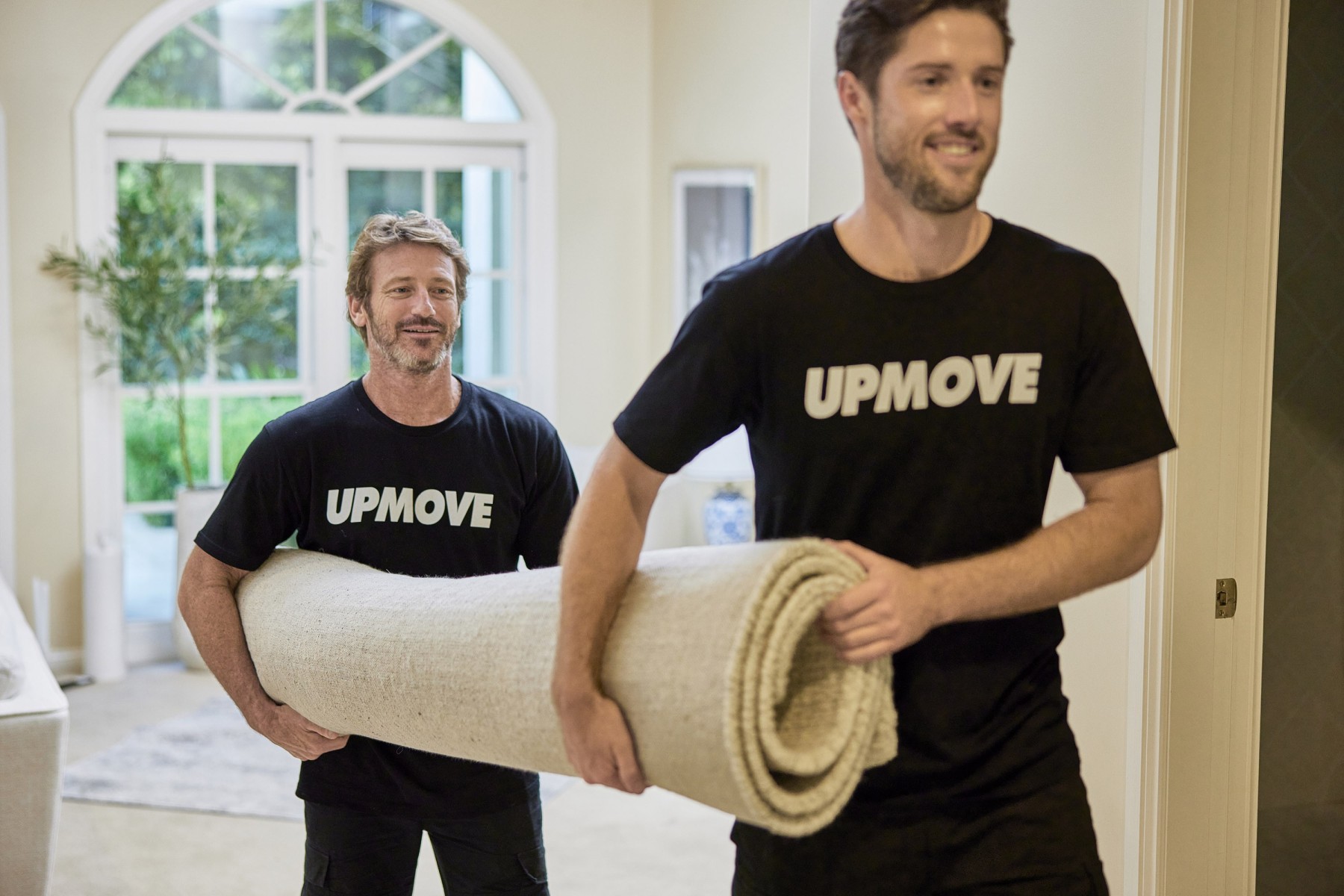
That’s where Upmove comes in: your go-to moving service provider, making it simple to find reliable, affordable movers anywhere in Australia. You can easily compare quotes, read customer reviews and book the best removalists for your move. With a little planning, careful budgeting, and the right team on your side, moving house doesn’t have to be overwhelming or expensive.
What do our customers say?



